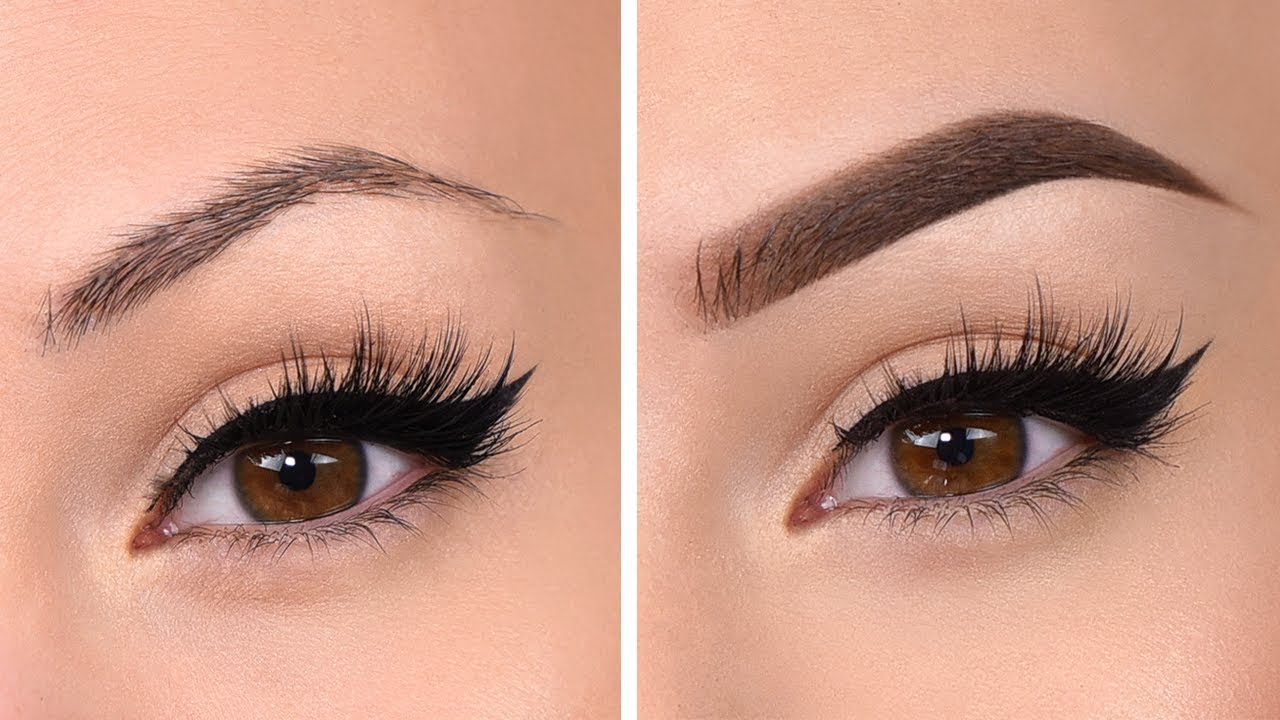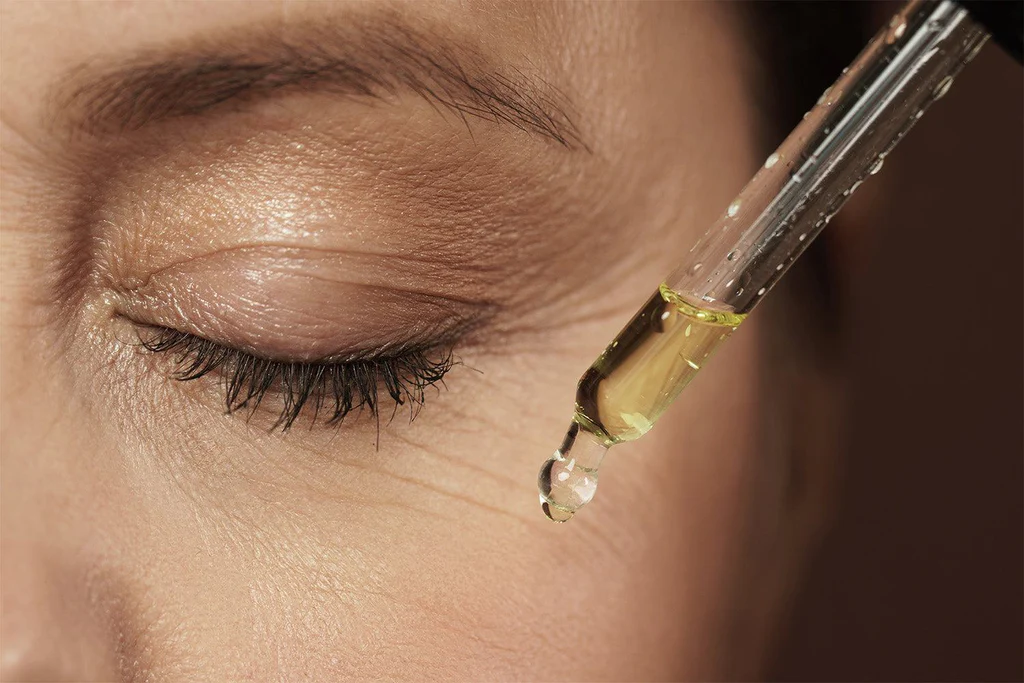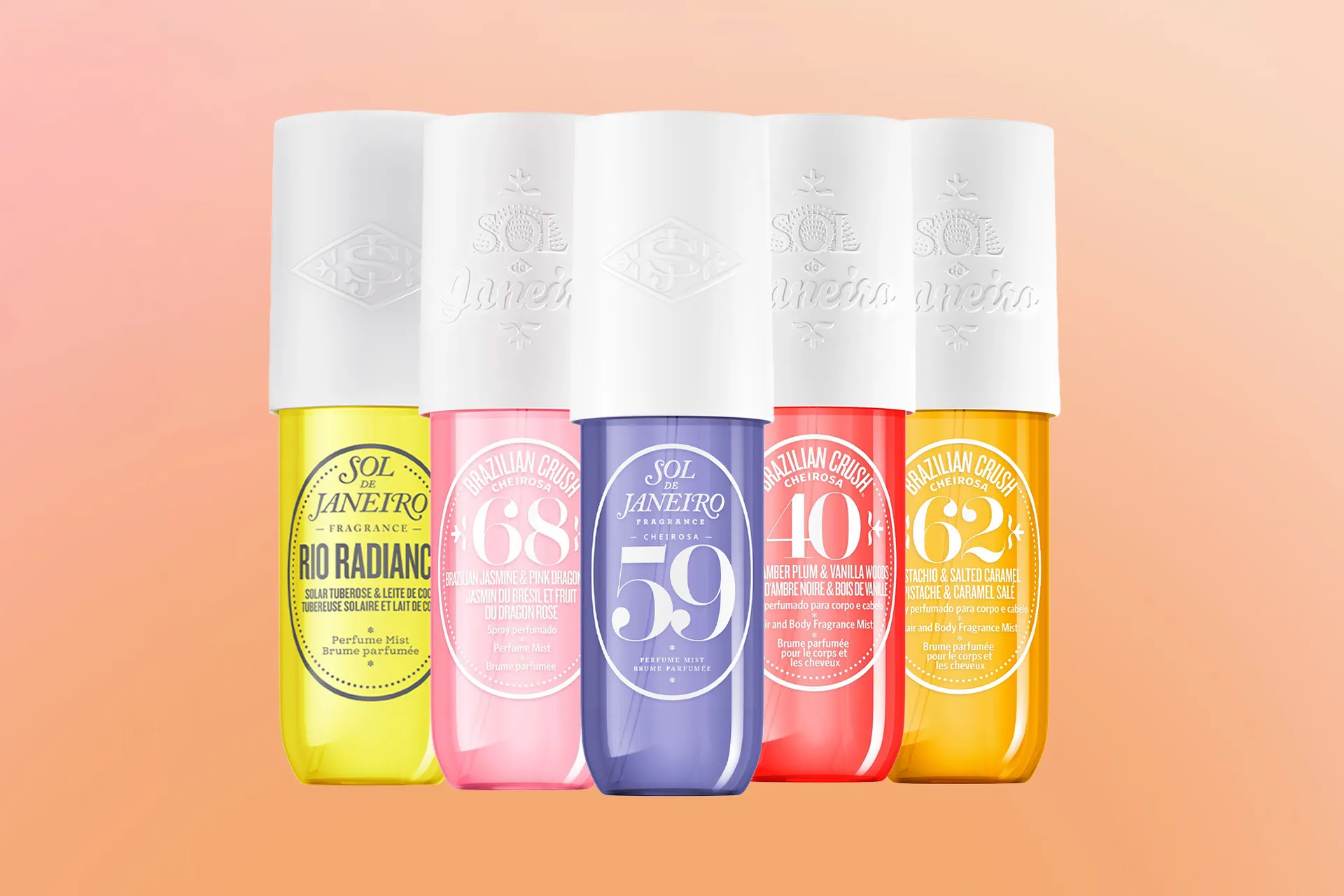
 By
Your Beauty Plug
By
Your Beauty Plug
Vitamin C is not only good for your immune system, but also for your skin. This powerful antioxidant has many benefits that can improve your skin health and appearance. In this blog post, we will explain what vitamin C does for your skin, how to use it, and what to look for in skincare products.
Vitamin C, also known as ascorbic acid, is a water-soluble nutrient that plays an important role in keeping your body and skin healthy. When applied topically, vitamin C can:
Vitamin C can be found in various skincare products, such as serums, creams, lotions, masks, and cleansers. The most effective way to use vitamin C for your skin is to apply it topically, as oral supplements may not reach the skin in sufficient amounts. Here are some tips on how to use vitamin C for your skin:
Here are some frequently asked questions about vitamin C for skin:
Vitamin C is a versatile and beneficial ingredient that can help you achieve healthy and beautiful skin. By using vitamin C products regularly and correctly, you can enjoy its many benefits, such as boosting collagen, reducing dark spots, preventing sun damage, and more. However, remember that vitamin C is not a miracle cure and should be used as part of a comprehensive skincare routine that includes cleansing, moisturizing, and sun protection. If you have any questions or concerns about using vitamin C for your skin, don’t hesitate to contact your dermatologist for advice and guidance.




